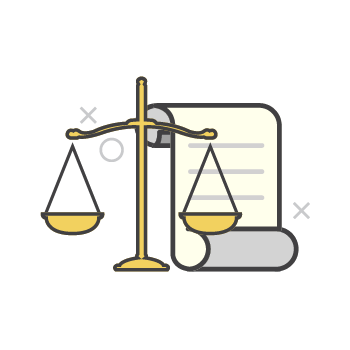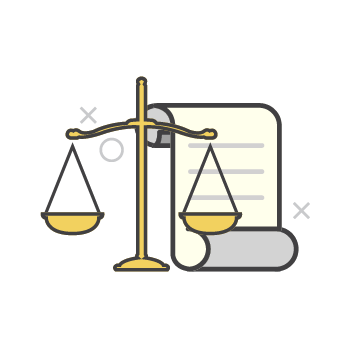5 Metrics for Measuring Business Website Success
by Yello Nov 11, 2019

Having a well-structured and effective website is a must for any business. However, once your website is developed and fully functioning, it’s imperative to understand how to measure its performance and what is or isn’t working.
As with many aspects of digital marketing, there are various key performance indicators (KPIs) that can be used to measure the performance of a website. However, here are five that are essential to truly understanding how well (or not) your business website is doing.
- Traffic – As the name suggests, traffic essentially tells how many visitors are coming to your company website. However, there are different types of traffic measurement, which all help to provide a clearer picture of a website’s performance. One is unique users versus returning users. This tells how much of a website’s traffic is coming from first-time visitors versus returning visitors. Both returning and unique users are important but returning is particularly important, as it suggests that people came to your website, liked what they saw and decided to return. And that is a good sign of customer satisfaction and loyalty. Another very important traffic measurement is the source of said traffic. In other words, how did most of the visitors get to your website? Did they simply type in the website address (direct traffic), link to it via social media (social) or from another website (referral) or did your website show up near the top of a search engine results page (organic)? Knowing where the large share of visitors to a website is coming from, helps businesses identify where their target audience are mostly present online, what traffic channels are most effective and by that token, what strategies and campaigns are most effective in getting individuals to the website.
- Bounce Rate – The bounce rate tells how quickly visitors are leaving when visiting a website. Naturally, a high bounce rate is not a good sign, as it suggests visitors are not sticking around a website for very long and more importantly, suggests they may not be interested in what you are selling. That said, there are number of common reasons for a high bounce rate, including but not limited to, slow website speed, broken links, poor design, etc. The key to improving bounce rate is identifying the cause of it, which isn’t very easy, but there are some tricks. One, have a feedback pop up for visitors, asking about their experience or two, identify which pages get the highest bounce rate, which may indicate what it is that’s turning them off.
Need help creating your business website, or looking to improve an existing one, let Yello guide you.
- Average Time on Page – Piggybacking off the previous point, another key indicator of how well a website is performing, is the average time spent on a page. This metric can tell a number of important things. One, which pages are the best performing based on how much time individuals are spending there and two, which is particularly important, how far along the sales funnel most visitors to your website, might be. For example, perhaps you find that most visitors to your website spend a high average time on your product and services page, however, the time spent on the checkout page is very low. This tells you that most visitors are likely in the interest stage of the funnel but not fully ready to purchase. This may mean you need to improve the products and services page and/or add an attractive offer to inspire users to purchase.
- Conversion Rate – A website conversion rate can involve one or multiple things. For example, it may only include the total amount of sales made via the website. However, most websites include various offers to users beyond simply whatever products or services they sell (or at least they should). And therefore, you may have multiple conversion rates from everything to how many users signed up for your free newsletter offer or downloaded a free eBook or podcast offered. Naturally the goal is to have a high conversion rate. Also, like traffic, conversion rates may also be measured by the source, i.e. direct traffic users, social traffic users, etc. This too will tell which traffic source is driving the best potential leads to your website.
- SERP Rankings – Though not a conventional metric like the others, in that it doesn’t require any measurement formula, the search engine ranking of any website is undoubtedly one of the most accurate measures of how well or not, it is doing. And the organic ranking of a website as we are all aware of is based on how well your SEO efforts are – the proper use of keywords, meta tags, quality of content, etc. If your website is organically showing up on the first page of a search engine results page, you’re doing very well. If you are showing up on the tenth or higher, there is a lot of work to be done.
Contact us today to help you build the website your business needs.








